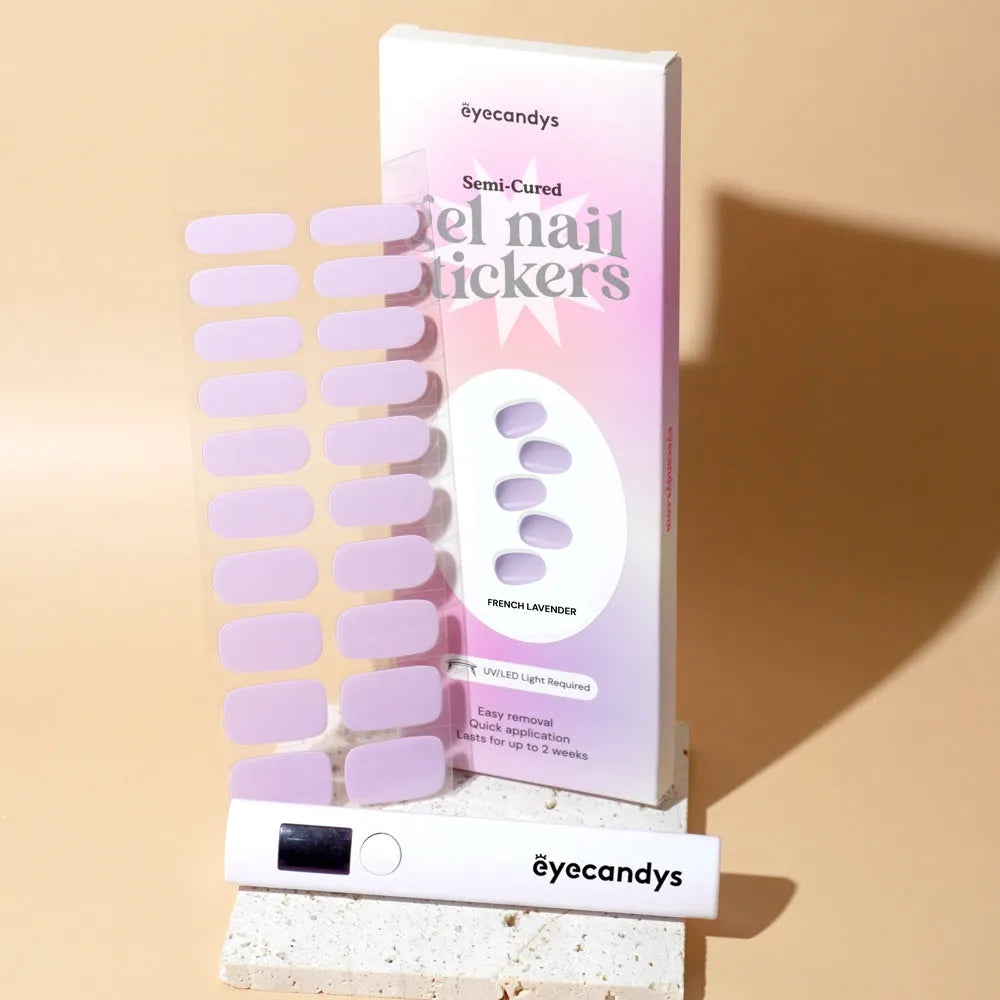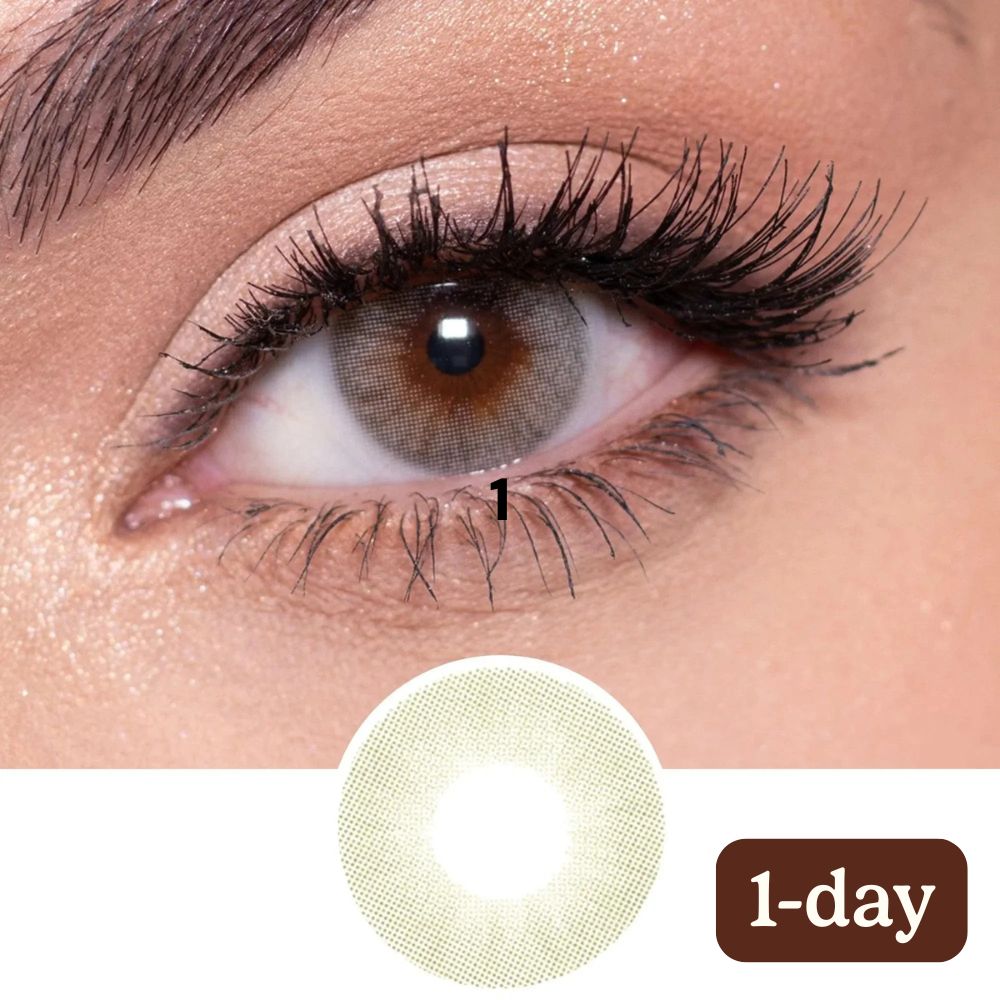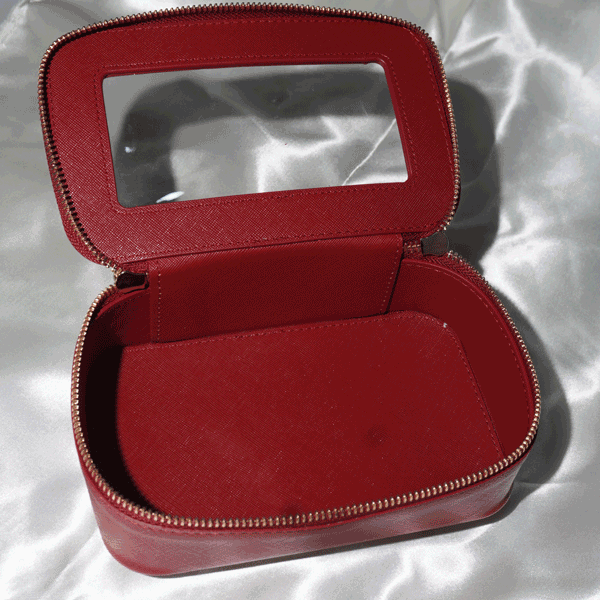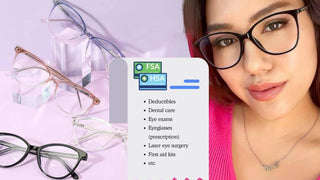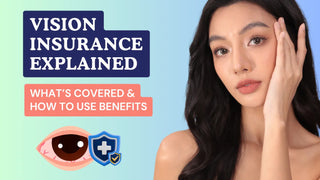Introduction
Flexible Spending Accounts (FSAs) are a popular way to save money on eligible medical expenses by using pre-tax dollars. However, when it comes to purchasing items like sunglasses, the question of whether they are FSA-eligible can be confusing. In this article, we’ll explore FSA eligibility for sunglasses, including what qualifies and how to maximize your FSA benefits.
Understanding FSA Eligibility
An FSA allows you to set aside a portion of your income for qualified medical expenses. The key benefit of using an FSA is that the money contributed is pre-tax, meaning you can save money on your overall tax burden. However, to use these funds, your expenses must meet specific criteria as outlined by the IRS. Generally, expenses that are for medical care, treatment, or prevention of a health condition are considered FSA-eligible.
Are Sunglasses Covered by FSA?
Whether sunglasses are FSA-eligible largely depends on whether they are considered a medical necessity.
Non-Prescription Sunglasses: Unfortunately, most non-prescription sunglasses do not qualify for FSA reimbursement. While they provide valuable protection against harmful UV rays, they are typically viewed as a non-essential, over-the-counter item, and therefore do not meet the IRS’s strict criteria for medical care.
Prescription Sunglasses: If you have a prescription for sunglasses, then these do qualify as an FSA-eligible expense. Prescription sunglasses serve the dual purpose of vision correction and eye protection, making them a medical necessity. Whether purchased at a retail store or online, you can use your FSA funds to cover the cost of prescription sunglasses.
Conditions Where Sunglasses Might Be Eligible
There are some medical conditions where sunglasses, even non-prescription ones, might be considered FSA-eligible. For example, if you’ve undergone eye surgery such as cataract removal or suffer from conditions that make your eyes especially sensitive to light, your doctor may recommend sunglasses as a necessary part of your recovery or treatment plan.
In these cases, a Letter of Medical Necessity (LMN) from your doctor is often required to substantiate the claim. This letter outlines the medical reasons why the sunglasses are necessary, making them eligible for FSA reimbursement.
How to Purchase Sunglasses with FSA
If your sunglasses are FSA-eligible, you have two options for purchasing them:
1. FSA Cards: Many optical stores and pharmacies accept FSA cards, which work like a debit card. When purchasing prescription sunglasses, simply use your FSA card at checkout. Be sure to keep your itemized receipt in case your FSA provider requires additional documentation.
2. Reimbursement Process: If your retailer doesn’t accept FSA cards, you can pay for the sunglasses out of pocket and then submit a reimbursement claim to your FSA provider. This will involve submitting receipts and, in some cases, a prescription or Letter of Medical Necessity to justify the expense.
Remember to keep copies of all documentation, including prescriptions and receipts, for your records.
Maximizing Your FSA Benefits
If you know you’ll need prescription sunglasses, plan ahead to maximize your FSA benefits. Because FSAs often have a “use it or lose it” policy, it’s important to use your funds before the end of the year. Investing in prescription sunglasses can be a great way to make the most of your remaining FSA funds while protecting your eyes from harmful UV rays.
In addition to sunglasses, you can also use your FSA funds for regular eye exams, contact lenses, and other vision-related expenses.
Important Reminders
Before making any purchases, be sure to check with your FSA provider to understand what’s covered under your plan. Each plan may have slightly different rules, so it’s always best to confirm eligibility beforehand.
Use It or Lose It” Policy: Remember that FSAs often have a deadline by which you need to use your funds, so plan ahead to ensure you don’t lose out on valuable savings.
Keep Documentation: Ensure that you keep all necessary documentation, such as receipts, prescriptions, and LMNs, for smooth reimbursement processes.
Blue light exposure is an inevitable part of modern life, but understanding its impact and taking proactive measures can protect your eye health. Blue light blocking contact lenses offer a convenient and effective solution to reduce digital eye strain, improve sleep quality, and safeguard against potential long-term damage. Consult with your eye care professional and explore the various lens options to find the best fit for your needs.

